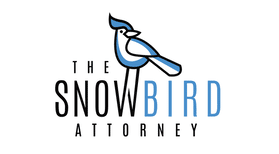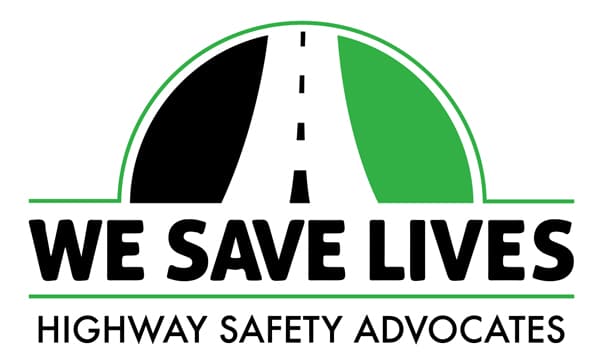
Driving anxiety is real and getting back on the road is hard. It can be a real struggle for many car collision survivors and you are not alone. For many survivors, already isolated from friends, family and work colleagues during recovery, it is doubly hard to reclaim their lives and get back on the road for work, medical appointments, necessary errands and running the kids to sports. Some experience panic attacks. Others have a sense of doom and fear another car crash. Still others have flashbacks to the day of their trauma.
You Are Not Alone
Driving Anxiety may be accompanied by Depression, Chronic Pain and Post Traumatic Stress Disorder (PTSD). We know that PTSD following a serious motor vehicle collision is real and may include re-living the collision, vivid disruptive nightmares and even actively avoiding or refusing to drive.
What’s The Solution?
There really are no easy answers. There are no quick fixes.
Many survivors just try to forge ahead. But others seek advice and find a supportive framework to help them with their fears.
A combination of the following may help:
- Driving Courses: sometimes getting back to basics with a driving instructor helps get a handle on the wheel. It may also re-build confidence and help with driving anxiety;
- Self-Awareness: you always know yourself best. Learn to know yourself better. Be mindful of the triggers and your own personal tells of anxiety. If you learn the signs, you learn you will have control. When your own personal alarm bells start to go off, you know that today may not be a good day to safely get behind the wheel;
- Psychotherapy and Counseling: ask your family doctor for a referral to a specialist and ask about community resources unique to your area. Funding for therapy may be available through your Ontario Statutory Accident Benefits via your own car insurance policy;
- Peer Support Groups: community support groups can be as simple as an informal coffee group but provide immense support, advice and empathy. If you go to the gym or an aqua-aerobics class for rehab, you may find others who feel the same and know what you are going through. Because they’ve been through it, they can understand and offer common sense coping strategies to help you find your way on the road back to driving;
- Online Support Groups & Websites: reputable web groups via contacts on Facebook and Twitter can be a lifeline to survivors isolated by fear and location. Network with your friends, family and co-workers and find recommendations for a good group;
- Medications: your family doctor is the best resource. Ask them and find out what is right or wrong for you.
Remember you are not alone. Never be afraid to ask for help. Ask your family doctor for referrals and resources. Lean on your personal injury lawyer for information. When you think about it, chances are you have contacts surrounding you. Make the most of those contacts and resolve to do a little networking. Reaching out may be your first, best step to road recovery and independence.
For more information please visit: www.injurylawyerontario.net
Submitted by: Shelley M. Martin, Personal Injury Lawyer
Martin Law Office is a member of Crash Support Network and we thank them for their support.
This article is also featured in our 2018 Winter Issue of Sharing our Recovery
The Crash Support Network is a unique website consisting of an online support group, a Crash Survivor Blog written by a survivor, our Sharing Our Recovery Newsletter, informative articles and a Virtual Crash Memorial. Our website is based on relationship-building and puts the needs of survivors first by creating a helpful resource for victims and survivors of motor vehicle crashes.





